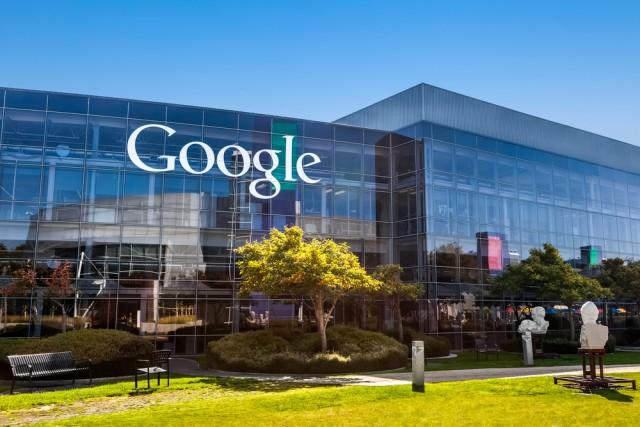The European Commission’s Anti-Trust Action against Google

In a landmark case, the European Commission has imposed a fine of €2.42 billion on Google for abusing its dominance in the search engine market, by giving undue advantage to its ‘comparison shopping service’ and illegally suppressing its competitors.
Apart from the fine, the Commission has given Google 90 days to change its algorithms in compliance with the order, failing which the company will have to pay a penalty equivalent to 5% of the average daily earnings of its parent company, Alphabet.
Google has a near absolute monopoly over the search engine market with more than 90% market share in most countries. This gives it a considerable say in deciding what consumers view on the internet. Using this to its advantage, Google gave prominence to its own comparison shopping service in search results which appear when consumers search for a particular product.
Comparison shopping service is any website where consumers can compare the prices offered by competing online retailers for a product. Retailers pay the comparison shopping service to display their items and their prices on the service’s website. More traffic to the website would mean that more retailers would be willing to pay for listing their items on the site.
When consumers use Google search to find a product, the first items displayed are those listed with Google’s own comparison shopping service. Rival comparison service providers, even those with very high ranking, were not displayed in the first page of the search results. According to the European Commission, the highly ranked rival services were pushed to the fourth page. This meant that they get hardly 1% of the total clicks.
The European Commission found fault in the fact that Google’s comparison service is not subject to Google’s own generic search algorithm. It was never demoted in search results, irrespective of its relevance.
This led the Commission to rule that Google deliberately and illegally demoted rivals in the search results, thereby restricting competition and abusing its monopoly power.
The numbers given by the Commission show the extent of the adverse impact that Google’s anti-trust behaviour had on its competitors. To quote from the Commission’s press release, “Since the beginning of each abuse, Google's comparison shopping service has increased its traffic 45-fold in the United Kingdom, 35-fold in Germany, 19-fold in France, 29-fold in the Netherlands, 17-fold in Spain and 14-fold in Italy”.
Correspondingly, traffic to rival comparison shopping services has fallen rapidly. There were “sudden drops of traffic to certain rival websites of 85% in the United Kingdom, up to 92% in Germany and 80% in France.”
This is not the first time Google has been in news for its monopolistic practices, though this is the first time such a huge fine has been imposed on it. The European Commission’s order is an important, if a very small, step towards controlling the misuse of market power by digital monopolies.
In India too, Google resorts to similar monopolistic practices, without facing any disciplinary action. The Director General (DG) of the Competition Commission of India (CCI), whose mandate is the preventing of anti-competitive behavior of firms, came out with a report on Google’s questionable market behaviour in September 2015.
As in the European Commission’s case, the CCI too found that in Google’s universal search its own services are unfairly promoted at the expense of its competitors. For example, when people search for addresses, Google Maps and Google Places appear at the top of the search results. This has a serious adverse impact on the visibility of competing online map services, considering the fact the topmost search result gets 35% of all the clicks and all the results in the first page together get 95% of the clicks. Even if a competitor provides a better service, the customer might simply remain unaware. This is not only bad for competitors, but also for consumers.
The CCI report compiled many other such practices of Google that unfairly and adversely impact its competitors, and thereby constitute anti-trust behaviour. The report states that Google’s behaviour violates sections 4(2)(a)(i), 4(2)(b)(ii), 4(2)(c) and 4(2)(e) of the Competition Act of 2002.
It was estimated by many that Google could be fined up to six billion dollars if CCI accepts the DG’s report and rules against Google. But two years have passed since the report was submitted, and there has been no news of any action taken.
Meanwhile the monopoly practices of the digital giant continue unhindered. The BJP government which has been making much noise about Startup India has taken little notice of this issue. After all, such anti-trust behaviour will have an adverse impact on start-ups, most of which are coming up in the digital sphere. Unless the government wakes up from its slumber and places checks on digital giants like Google and Facebook, Startup India will never reach the finishing line.
Disclaimer: The views expressed here are the author's personal views, and do not necessarily represent the views of Newsclick.
Get the latest reports & analysis with people's perspective on Protests, movements & deep analytical videos, discussions of the current affairs in your Telegram app. Subscribe to NewsClick's Telegram channel & get Real-Time updates on stories, as they get published on our website.
























